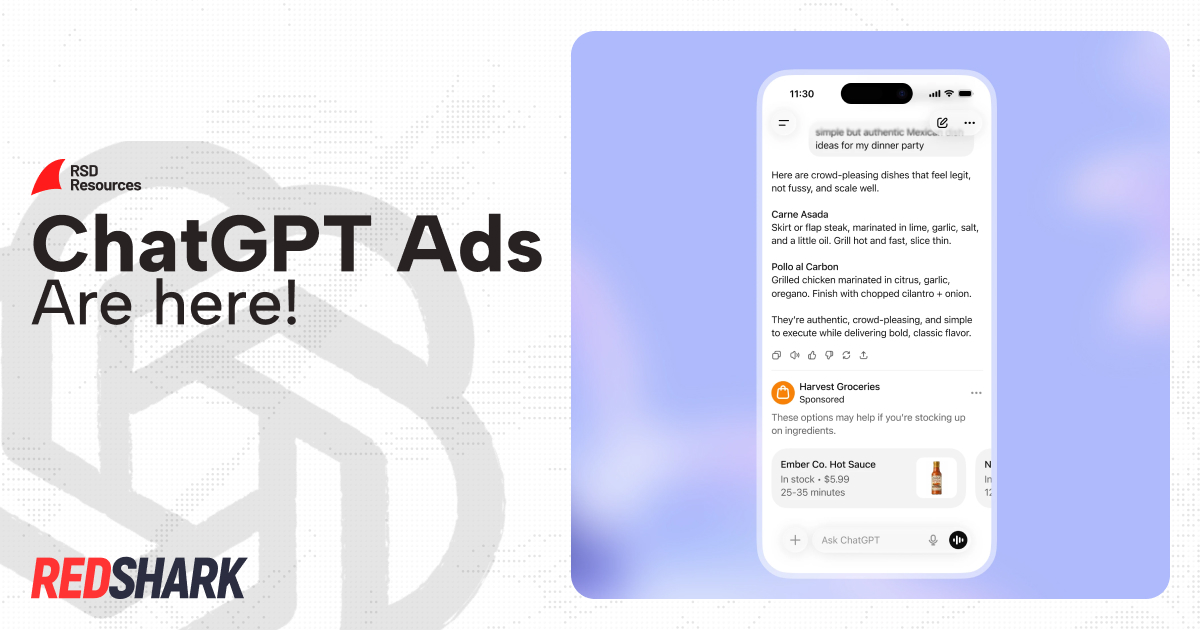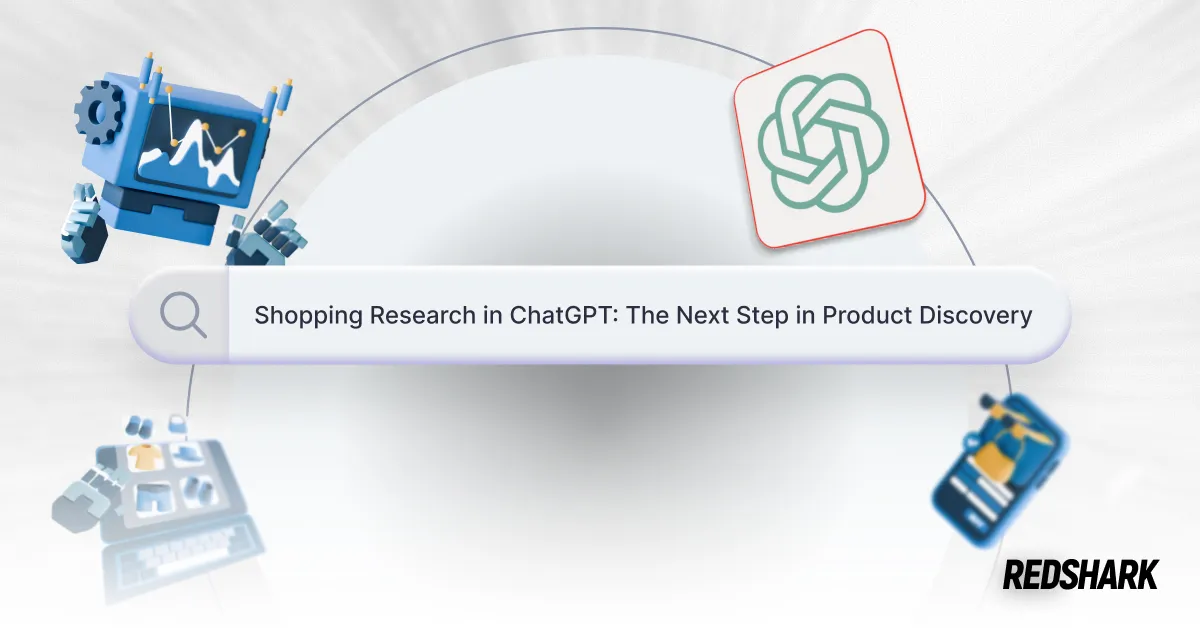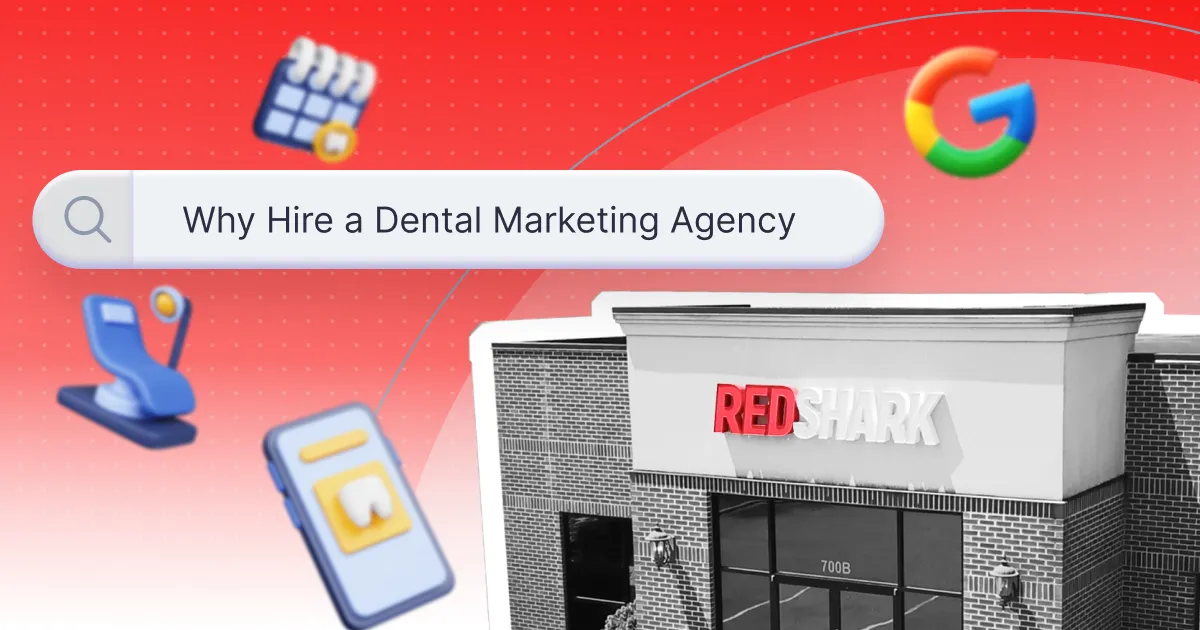
Search Engine Marketing (SEM) Tips for SMBs
Search Engine Marketing (SEM) Tips for SMBs
Featured & Recent Articles
Search Engine Marketing (SEM) Tips for SMBs

If you’re reading this, you are likely someone who uses search engines. There are 3.5 billion Google searches made every day, and every year, the number of Google searches grows by 10 percent.
If you’re a business owner, you know how important search engines are for your business. That’s because, in this constantly connected world, consumers know that whatever product, service or random fact they are looking for is only as far away as their phone or desktop browser.
If your business currently has lackluster search engine optimization (SEO) and a weak organic presence, you may need to turn to search engine marketing (SEM). SEM refers to paid search-based advertising options available to businesses and is also referred to as pay-per-click (PPC). The most common platform is Google Ads.
Are you looking to take a dive into SEM for your small or midsize business? Here are a few tips to help you get the most out of your SEM efforts, whether you’re handling the campaigns yourself or you’re looking for some outside help.
It’s All About Data
When you invest marketing dollars you want to see ROI ASAP. However, SEM requires data to generate in order to operate in a way that brings you the most leads, transactions, etc. When you’re first getting started, you may not see these “conversions” happen right away. With little or no data, platforms like Google Ads cannot make smart decisions for you because it has no information to make any judgments, only loose associations based on the keywords you have chosen.
As you watch your campaign(s), evaluate search terms by real users who have triggered your ads with a search. Add negative keywords to weed out those who aren’t hitting the mark, and eventually, you will start to generate form fills, phone calls and transactions. Then, there will be data reflecting on what kind of search is most likely to convert. The more conversions are generated, the more you are able to take advantage of automated bidding. This will allow you to perform even better and without as much hands-on management as when a campaign is first launched.
You should give your campaign three months of learning, while also making some adjustments along the way, in order to get your SEM optimized for churning out conversions.
Evaluate All Areas of the Conversion Funnel
We’ve already established that your success in SEM is all about the data. That’s why it is CRUCIAL to ensure you have accurate conversion tracking put into place. Platforms like Google Ads will have a global site tag, as well as a conversion tag to place on a thank-you page, or to place on a button for a form or checkout page. You can also set up conversions for phone calls. Having these in place will allow conversion data to collect, which allow for a better performing campaign.
Monitor Campaign Elements
But let’s not forget about the elements leading up the conversion. Is your budget being allocated properly across campaigns? Are you bidding correctly on the best performing keywords? How is your quality score? The higher your quality score, the better your average position and the lower your CPC and inevitably your CPA will become. You can increase your quality score by ensuring your keywords are present in your ad copy, as well as your landing page.
Optimize Your Landing Page
And how about that landing page? If everything is set up properly in your campaign but your visitors are not converting, there may be something wrong with your landing page. Make sure your calls-to-action (CTAs) are clear and visible and make sure that there aren’t any technical difficulties preventing prospects from contacting you. Be sure to test your lead forms, and if you have an e-commerce store, you should make sure to do a test purchase. Having a multi-step funnel goal setup in analytics can help you evaluate problematic areas if you have a high cart abandonment rate–whether it is a billing page, shipping, etc.
Implement Ad Extensions
One last thing not to overlook is your ad extensions. If you are a business looking for local customers, make sure you’re using location extensions to show your business on Google Maps. If local service ads are available in your area and it is in your budget, don’t skip this opportunity. Not to mention call extensions (which you will have set up if you are tracking phone calls), site link extensions for related pages or easier-to-reach CTA pages, callout extensions to boast your accolades, and structured snippet extensions to show off brands or a service catalog. The more info you provide, the better your ad will perform.
Research, Analyze, Adjust
The Keyword Planner in Google Ads is a good place to start finding keywords for your campaigns, however, it is important to note that the list of targeted keywords you end up with may end up being totally different. Nothing is static in SEM – it’s not just a set-it-and-forget-it type of deal no matter what anyone tells you. You can make your best projection with a Keyword Planner forecast, but then after you implement your campaign, you must constantly evaluate its performance and make tweaks accordingly. There are some keywords you may end up removing. There are some keywords you may add after seeing it come up in your search terms. You may make some bid adjustments needed on a keyword level, or even a campaign level over time.
[caption id="attachment_6240" align="aligncenter" width="500"]

Google Keyword Planner[/caption]
The best SEM campaigns are constantly adjusted to ensure businesses are getting the best bang for the buck. That means constant reporting and evaluation is needed for any SEM efforts you make.
Taking it All In
If you’re not an experienced marketing professional, Google Ads and other SEM platforms can be a lot to reign in an execute. There are many nuances involved, many of which are never even covered in the training modules Google Academy has made available for marketers and the general public.
If you’re looking for some help with running an SEM campaign for your business, our experienced staff can set you up so that you’re performing best on your budget, or even guide your in-house marketing team. We handle numerous paid accounts for businesses utilizing SEM in Greenville, Raleigh and all along the East coast. Contact us at Red Shark Digital to learn more.

















.webp)




.webp)
.webp)
